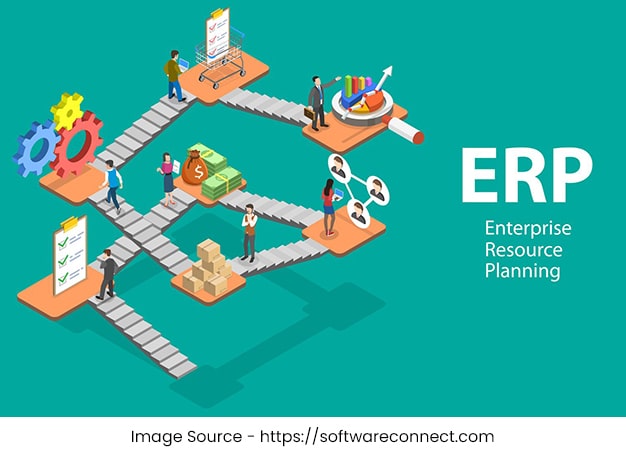Enterprise Resource Planning, often known as ERP, is a method designed to combine a number of totally different data sources and/or processes into one single unified system. This system will require using both hardware and software for planning and improvement and is basically designed for use in massive enterprises searching for complete integration of their systems. Crucial level in most ERPs is the unified database which is able to store the entire vital data for each of the system’s modules.
What are the required parts for a profitable ERP system?
There are two major elements which are required for any successful ERP system. The primary is the common, unified database. This allows the ERP system to have access to every byte of information as well as all the knowledge that is required to make each a part of the enterprise run as a whole unit. It additionally permits all of the enterprise’s info to be rapidly and easily shared in a reliable and accessible manner.
The second key element to a profitable ERP system is a modular software design. This primarily means that an ERP makes use of software program that may be added or eliminated as needed in order to maximize the efficiency and usefulness of the system as a whole. While there are a couple of firms that can provide all the software program for a specific ERP, most enterprises will mix and match their software program from completely different firms as a way to attain most efficiency within the enterprise. Every modular utility should be capable of interface with the common database in order that the entire knowledge will be shared as needed.
Where would an ERP system be used?
ERP systems can be utilized in any giant group that has a number of information flowing by its computers. Generally, small or medium sized businesses shouldn’t have any need for a full scale ERP system. Larger firms, reminiscent of main banks, auto producers, and retail chains can profit the most from a properly planned ERP. Moreover, particular person enterprises typically break up their ERPs into smaller units, akin to manufacturing, financials, and client administration in order that knowledge will be more easily shared between these sources that would almost certainly benefit from the information portability.
How is an ERP designed and implemented?
Regardless of how large of a system is being carried out, all ERP programs require a number of thought and careful design with a purpose to operate successfully. Historically, smaller ERP systems require only months to prepare while bigger ERP programs can take as much as a year or to correctly develop and implement. Bigger corporations generally search the recommendation of ERP consulting companies while smaller corporations will seemingly use an in-home crew to chop costs.
Essentially the most important step to implementing any ERP system is emigrate the information to the ERP. Migrating data, although an essential step, usually receives the least consideration in lots of ERP systems. There are six steps to profitable data migration. First, establish the necessary data. Second, plan the timing for the migration. Third, build information templates. Fourth, freeze the mandatory data migration tools. Fifth, decide information migration setups. Sixth, archive the necessary data.
What are the advantages of utilizing an ERP system?
The commonest benefit of an ERP system is that knowledge is easily transferred from one place to another. Also, many ERP techniques can also improve the security of an enterprise because of its in-built safeguards. Other positives components embody low operational prices, better customer service, and improved productivity of employees.
What are the disadvantages of using an ERP system?
The most typical disadvantage of an ERP system is the cost. Many ERP methods are extraordinarily costly to design and implement. Moreover, despite their modular nature, the software customization choices are limited and might be difficult to adapt to sure businesses. Also, the data entered into an ERP system have to be prime quality, lest it decay even additional over time. Finally, the system may be too complex and not be right for companies which can be organized into many smaller departments.
- What Is ERP? - May 14, 2012
- How To Select The Proper Skin Care Merchandise - May 14, 2012

